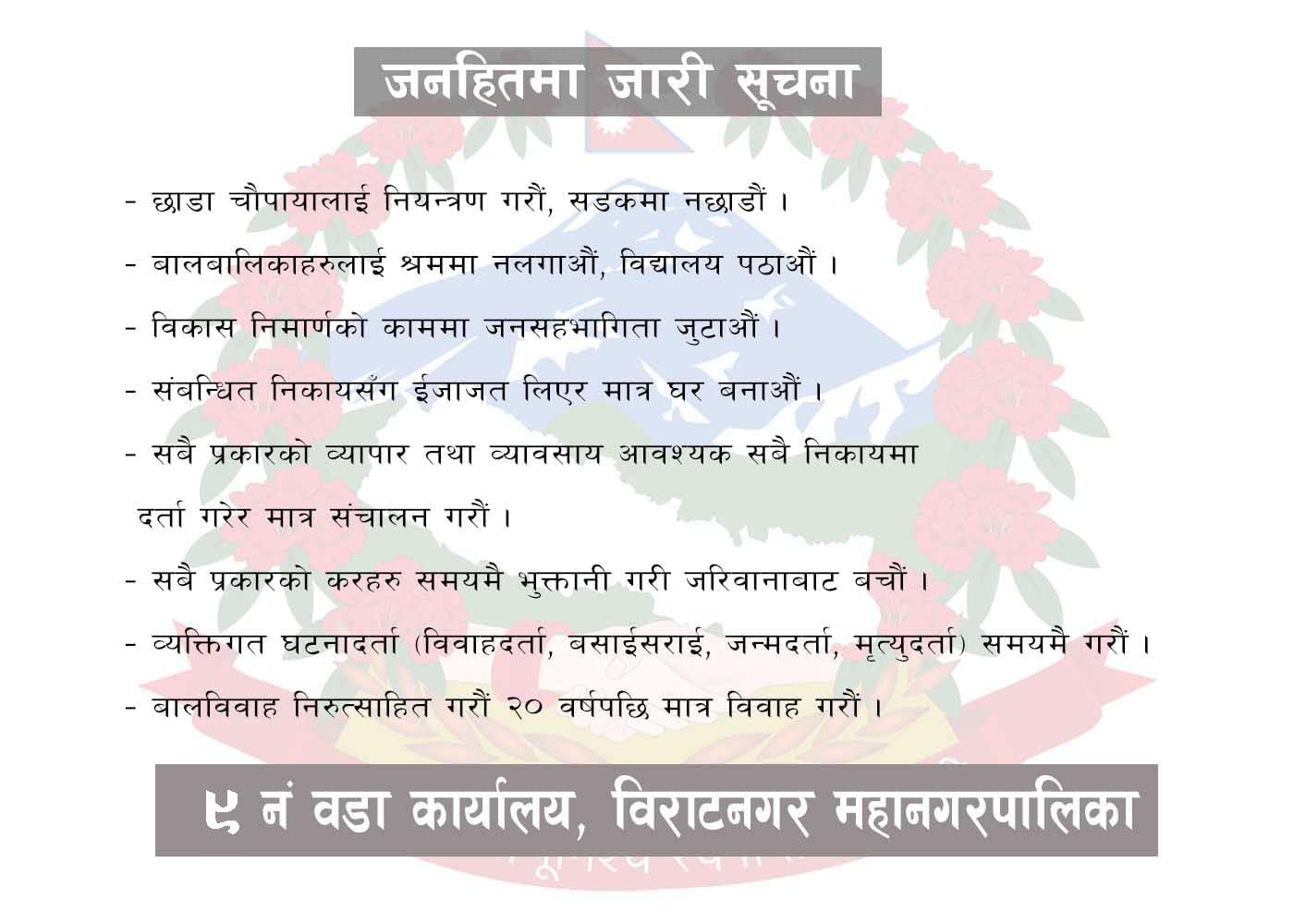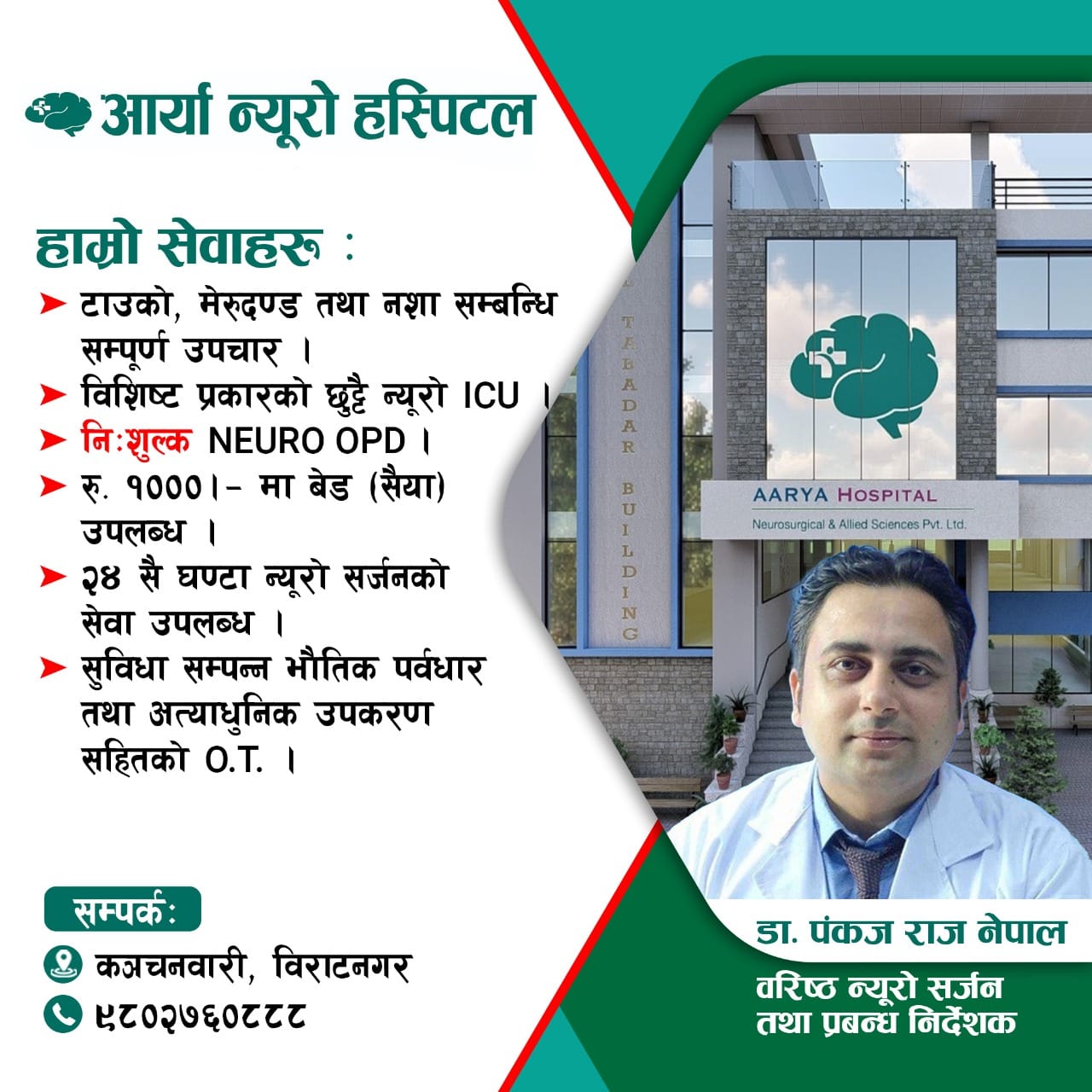Enhancing Data Privacy with AI and Blockchain Applications
In the digital age, enhancing data privacy has become a critical challenge for individuals and organizations alike. The combination of Artificial Intelligence (AI) and blockchain technology offers promising solutions to this problem by creating secure, transparent, and efficient methods for managing sensitive information. AI can analyze and predict potential threats, while blockchain ensures data integrity and tamper-proof storage. Together, these technologies establish a robust framework that significantly strengthens data privacy. This article explores how AI and blockchain can be leveraged to enhance data privacy and what this means for the future of digital security.
The Role of AI in Strengthening Data Privacy
Artificial Intelligence plays a pivotal role in protecting data by enabling advanced threat detection and automated risk management. Machine learning algorithms can identify abnormal patterns of data access or transfers, flagging potential breaches before they happen. Beyond threat detection, AI can automate the process of data anonymization, ensuring that personally identifiable information (PII) is disguised or removed while preserving data utility. Additionally, AI-driven privacy-preserving computation techniques, such as federated learning and differential privacy, allow organizations to gain insights from data without exposing raw information to potential attackers. Through continuous learning and evolution, AI systems become smarter and more adept at handling emerging privacy threats, making it an indispensable tool in modern data privacy solutions glory casino download.
Blockchain: Creating a Trustworthy Data Environment
Blockchain technology adds a layer of trust and transparency that is crucial for data privacy. By design, blockchain is a decentralized and immutable ledger, which means data stored on it cannot be altered or deleted without consensus from the network. This characteristic is especially valuable for sensitive data management, as it prevents unauthorized tampering. Furthermore, blockchain enables decentralized identity management, where users maintain control over their personal information and grant selective access only when necessary. Smart contracts, programmed on blockchain platforms, can enforce strict privacy rules automatically, reducing the need for intermediaries and limiting human error. By distributing data storage and validation across multiple nodes, blockchain minimizes single points of failure, enhancing the overall security of privacy-sensitive information.
Synergizing AI and Blockchain for Superior Privacy
The real power of enhancing data privacy lies in the synergy between AI and blockchain technologies. When combined, AI can analyze encrypted or distributed data across blockchain networks without compromising individual privacy. For example, using AI algorithms on blockchain-validated datasets can provide valuable insights while respecting user confidentiality through encryption and anonymization methods. This union also facilitates compliance with stringent regulations like GDPR and CCPA by providing transparent data processing logs and auditable privacy measures. Moreover, AI can optimize blockchain’s operational efficiency by improving consensus mechanisms, detecting fraudulent transactions, and managing network scaling. Together, AI and blockchain create a privacy-first data ecosystem that is secure, transparent, and adaptive to future challenges.
Key Applications Enhancing Privacy with AI and Blockchain
The integration of AI and blockchain is being applied across several critical fields to enhance data privacy, including:
- Healthcare: Protecting patient records using blockchain to maintain integrity while AI supports diagnosis without exposing personal data.
- Finance: Securing transaction data with blockchain immutability, alongside AI systems that detect fraudulent activity in real-time.
- Internet of Things (IoT): Using blockchain for secure device identity management coupled with AI to analyze device behavior and prevent data leaks.
- Supply Chain: Ensuring product provenance and compliance with privacy laws using transparent but secure blockchain records, enhanced by AI-powered risk assessments.
- Data Marketplaces: Enabling safe data sharing through blockchain contracts and AI algorithms that anonymize and verify data quality.
Each of these sectors benefits from the complementary strengths of AI and blockchain in ensuring that privacy is maintained without sacrificing data utility or operational efficiency.
Challenges and Future Perspectives in AI and Blockchain Privacy
Despite their potential, combining AI and blockchain to enhance data privacy is not without challenges. Scalability remains a significant issue, as blockchain networks often face limitations in transaction speed and storage capacity that can hinder widespread adoption. Additionally, AI models require vast amounts of data for training, which can conflict with the decentralized and encrypted nature of blockchain data. There are also concerns about the energy consumption of blockchain networks and the ethical implications of autonomous AI decision-making. However, innovations such as layer-2 blockchain solutions, more efficient consensus mechanisms, and privacy-preserving AI techniques are addressing these hurdles. Future developments promise a more seamless integration that can deliver privacy at scale, bridging regulatory requirements with user empowerment.
Conclusion
Enhancing data privacy through AI and blockchain applications is rapidly transforming the way digital information is secured, processed, and controlled. AI’s capabilities in threat detection and privacy-preserving computation complement blockchain’s decentralized, immutable, and transparent infrastructure to build trustworthy data ecosystems. Their synergy enables industries to protect sensitive data while harnessing its value responsibly, addressing both technological and regulatory challenges. Though scalability and ethical concerns remain, ongoing advancements are poised to refine these solutions further, laying the groundwork for a privacy-centric digital future where users regain control over their personal information and systems operate with greater transparency and security.
FAQs
1. How does AI improve data privacy when combined with blockchain?
AI enhances data privacy by enabling anomaly detection, automated data anonymization, and privacy-preserving computations on blockchain-validated data. This helps identify security threats, protect sensitive information, and analyze encrypted data without compromising privacy.
2. Can blockchain alone guarantee complete data privacy?
While blockchain provides immutability and transparency, it does not guarantee complete privacy on its own. Without proper encryption, data stored on a blockchain can be publicly visible. Combining blockchain with privacy-enhancing technologies like AI or zero-knowledge proofs is necessary for stronger privacy.
3. What industries benefit most from AI and blockchain privacy solutions?
Healthcare, finance, IoT, supply chain management, and data marketplaces are among the top industries benefiting from AI and blockchain integrations, as they require stringent data privacy and secure information sharing mechanisms.
4. What are some privacy-preserving AI techniques used with blockchain?
Techniques include federated learning, which allows models to train on decentralized data without exposing it, differential privacy that adds statistical noise to data, and homomorphic encryption that permits computation on encrypted data while maintaining confidentiality.
5. What future developments will enhance the effectiveness of AI and blockchain in data privacy?
Improvements in blockchain scalability, energy-efficient consensus algorithms, advanced AI models focused on privacy, and integration with regulatory frameworks will enhance the effectiveness of these technologies in protecting data privacy in the future.




